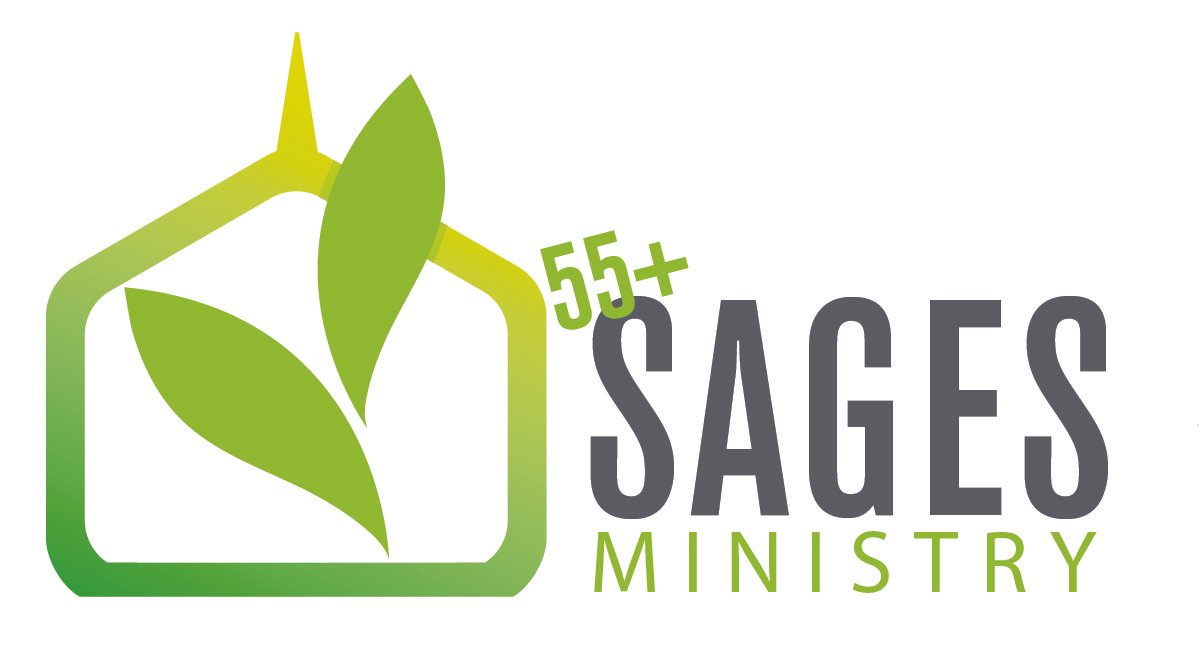The Word Works
The blog is written by Barbara Westberg
“So shall my word be that goeth forth out of my mouth: it shall not return unto me void, but it shall accomplish that which I please, and it shall prosper in the thing whereto I sent it” (Isaiah 55:11).
When William MacKay left his humble Scottish home in 1856 to study medicine at the University of Edinburgh, his godly mother gave him a Bible. In the front she wrote his name and a verse of Scripture. Away from home, he turned to debauched living, going so far as to pawn his Bible to satisfy his thirst for whiskey. After graduating with a medical degree, his first placement was in a hospital emergency room. He noticed the difference faith in Christ made in the dying; yet his heart hardened, and his life deteriorated until he was in danger of becoming an alcoholic infidel.
One day a young man who had fallen from a tall scaffold was brought into the emergency room. MacKay soon determined that there was nothing that medical science could do the save the young man. He asked, “Do you have any relatives that we can notify of your injuries?”
The young man replied, “No sir, I live alone. However, would you please notify my landlady and ask her to come. I owe her some money and want to pay her. Also ask her to bring my book.”
“What book?” Dr. MacKay asked.
“Just tell her to bring the book. She will know,” the young man answered.
The landlady brought his Bible. MacKay noticed that as long as the young man was able, he read it. When he was too weak to read, he hugged it to his chest. Dr. MacKay wondered, but he did not comment. It was not a subject he wanted to explore.
When the young man died, Dr. MacKay was called to fill out the final papers. The nurse asked, “What shall I do with his Bible?”
The doctor said, “Give it to me. I will dispose of it.” He opened the Bible and flipped to the front page. His countenance paled. He slammed the Bible shut. “If you need me, I’ll be in my office,” he told the nurse.
“Staring up at him in his mother’s handwriting was his name and the verse she had written. ”
In the office, he shut the door and sat down at his desk. He opened the Bible. Staring up at him in his mother’s handwriting was his name and the verse she had written. The Bible he had pawned to buy a shot of whiskey had returned to accomplish what it was sent to do.
He started reading the verses underlined in the well-worn Bible. He recounted, “Many verses I had heard in my younger years came back to me. The voice in my conscience would not be silenced any longer. With tears in my eyes, I prayed for God to forgive me and restore to me the joy of my salvation.”
Soon after, Dr. MacKay wrote the hymn, Revive Us Again. He left the medical profession, entered theological school and became pastor of a church in Scotland.
(Taken from GATS History of Oneness Pentecostalism by Barbara Westberg. Permission to reprint granted by
UPCI GATS.)
Call to Action
Do you have a prodigal child or grandchild. Memorize Isaiah 55:11 and pray it often.
Add Revive Us Again to your play list and make it your statement of faith for your prodigal’s salvation.
Revive Us Again
by William MacKay
We praise Thee, O God, for the Son of Thy love,
For Jesus who died and is now gone above.
(Cho) Hallelujah, Thine the glory.
Hallelujah. Amen!
Hallelujah, Thine the glory.
Revive us again.
We praise Thee, O God, for Thy Spirit of light,
Who has shown us our Savior and scattered our night.
All glory and praise to the Lamb that was slain,
Who has borne all our sins and has cleansed ev’ry stain.
Revive us again—fill each heart with Thy love.
May each soul be rekindled with fire from above.
UPCI Sages
Barbara Westberg
(public domain)

